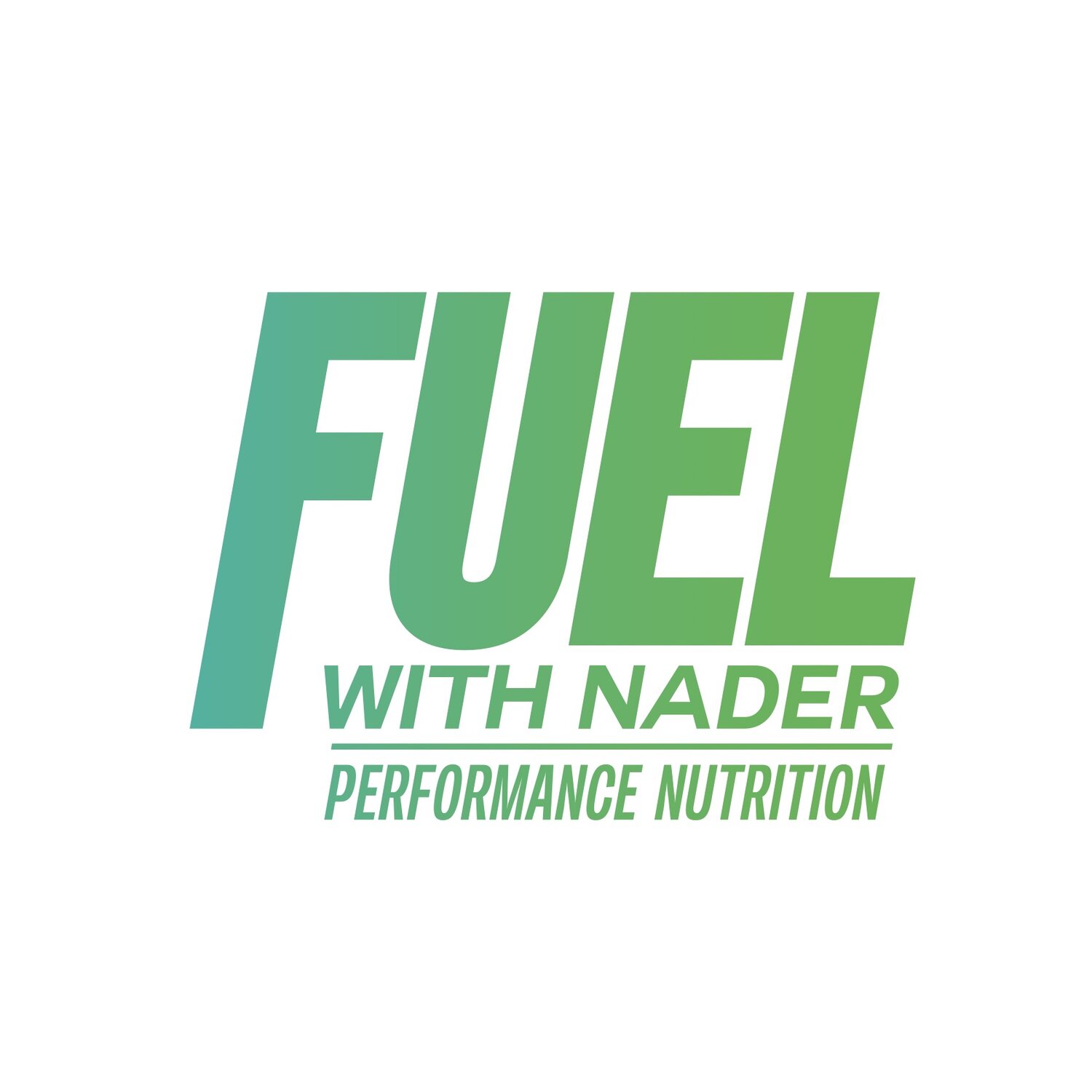Eggs: Good or Bad for Your Health?
Eating three or more eggs per week increases risk of heart disease and even death, according to a new study
It is back! More research on eggs and how bad they are for you. For years, eggs have gotten a bad rap from the media.
“They are high in fat.”
“They will give you heart disease.”
“Fat is bad for you.”
We’ve heard this, and some of us grew up with these messages around us. But the media doesn’t do the research. And they don’t break down the research. The right research says otherwise. Research has shown for years that eggs are great for our health. This most recent study that has hit the news stands has some important points to consider:
The type of research was an observational study, which doesn’t give us a cause and effect correlation.
They collected their data on eggs from survey collection, which doesn’t eliminate other factors that impact heart health
No indication on how the egg consumption was prepared, i.e. poached, hard-boiled, cooked in butter.
No consideration on other intake of other cholesterol-rich foods taken on impact of participant’s health.
No consideration taken on activity level in data collection.
So why are eggs actually great in a fat-fearing culture?
Eggs contain nutrients such as protein, iron and vitamins B and D that are all usually lacking in the Western diet, which is high in carbohydrates. Protein is a macro nutrient that our bodies use for metabolism, repair and building muscle. Whether you are active or not, getting 8 grams of protein per egg can make a difference in your energy levels or reaching your weight goals. With focus on macros, we must not lose sight of the micro nutrients that make our body function on a daily basis and can promote health in any individual. Iron is an important mineral that most Americans get in fortified foods, meaning food products that have had iron inputted into the product. It is not naturally in that quantity in foods such as cereal. Iron is used in our bodies to transport oxygen throughout our bodies, which if you’re iron deficient, you can usually tell by your energy levels. So having the combo of protein and iron in one food can boost energy without supplementing with other food products.
Two other micro nutrients that promote a healthy lifestyle are vitamin B12 and D. These two fat-soluble vitamins, meaning they need fat to be absorbed inside our bodies, are used for aiding in digestion of electrolytes such as calcium, magnesium, and phosphate, promoting bone health and building a healthy immune system. And just like the theme of protein and iron, these vitamins also boost energy, so who needs caffeine in the morning? Just eat your eggs!
A food that can be eaten in many forms, from scrambled to fried to hard boiled, you can make eggs work for any meal and snack. I like to tell clients to “pair your protein” and eggs are my go-to recommendation, as you get 8-16 grams of protein just from the egg, then pair some cheese, crackers or piece of fruit to make it a well-rounded snack. Adding 2 eggs per snack can help you get you to your goals whatever those might be, from achieving an athletic goal to promoting a long, healthy life. So hard boil some eggs for your mid-morning snack or make an egg sandwich for that morning commute to work, and your body and brain will thank you for it when that mid-afternoon slump is no longer your worst enemy.






